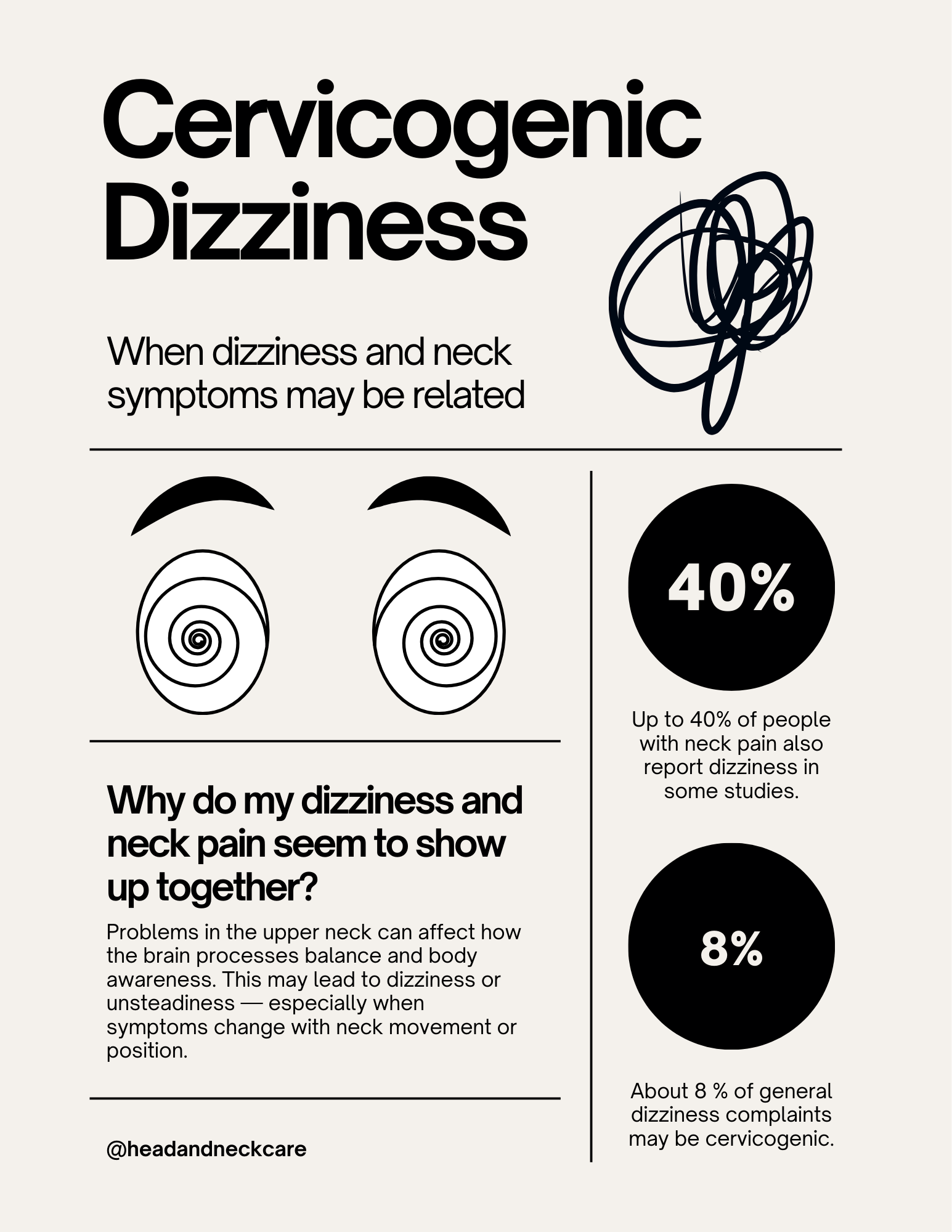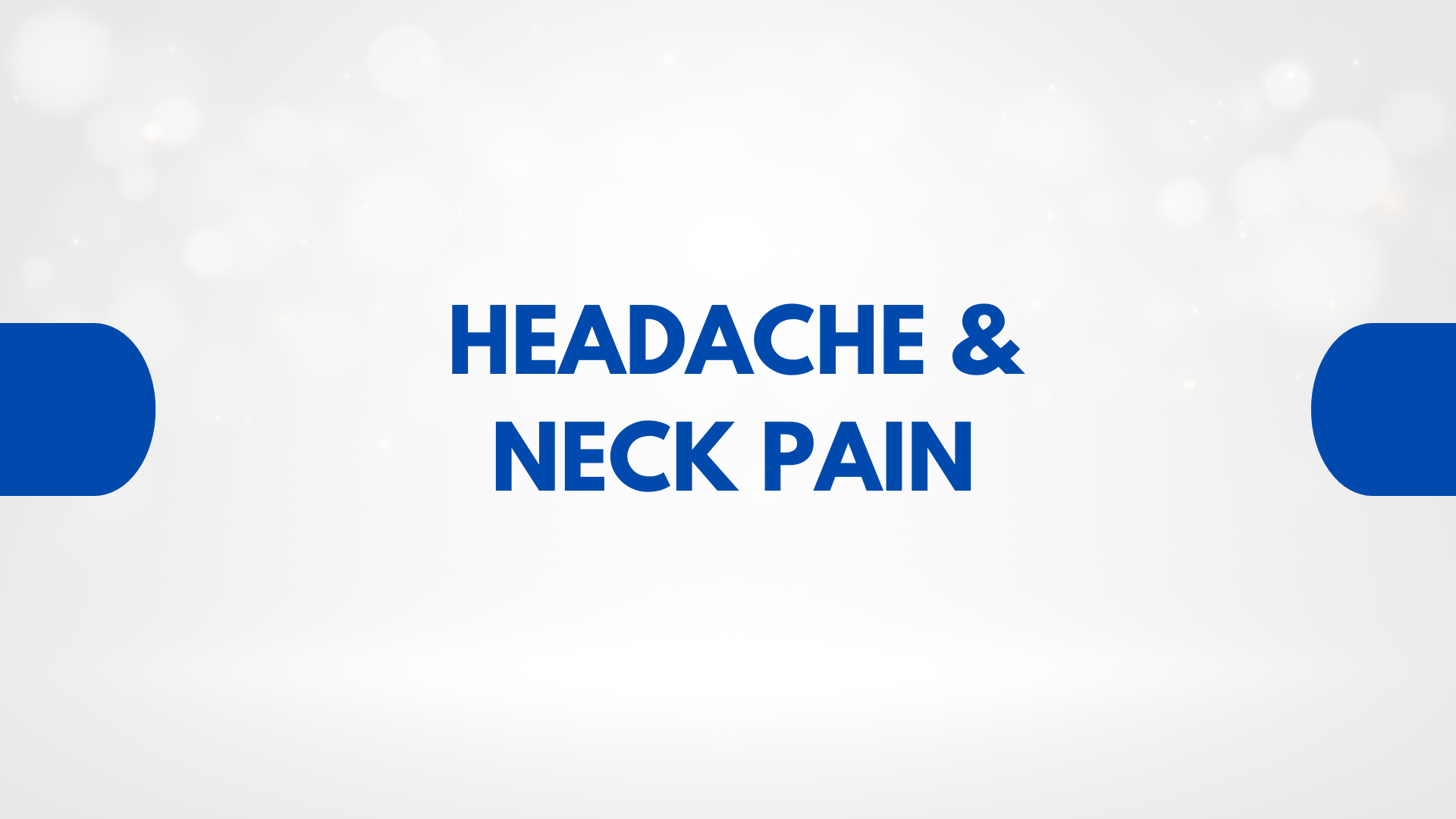Meniere’s Disease, a complex inner ear disorder, affects approximately 600,000 individuals in the United States, according to the National Institute on Deafness and Other Communication Disorders (NIDCD). Characterized by symptoms like vertigo, tinnitus, and hearing loss, Meniere’s Disease poses a significant challenge to those affected. However, recent developments in NUCCA care offer a hope.
What is Meniere’s Disease?
Meniere’s Disease primarily impacts the inner ear, leading to a range of symptoms from intense dizziness and ear ringing to hearing loss and ear fullness. It typically affects one side and can occur at any age, though adults aged 40 to 60 are more commonly diagnosed. The disease’s unpredictability in frequency and intensity of the symptoms adds to the patient’s distress.
Symptoms of Meniere’s Disease
- Vertigo: A spinning sensation, sometimes causing “drop attacks.”
- Hearing Loss: Fluctuating in nature, often worsening over time.
- Tinnitus: A persistent ringing or hissing sound in the ears.
- Ear Fullness: A sensation of pressure or fullness in the ear.
Potential Causes
The exact cause remains unknown, but theories range from blood vessel constrictions to viral infections and even genetic factors. Recent insights also point to spinal trauma as a potential contributing factor, especially trauma affecting the upper cervical spine.
NUCCA Chiropractic Approach
NUCCA chiropractor focuses on the upper cervical spine, addressing misalignments that may trigger Meniere’s-like symptoms. The treatment includes precise spinal balance measurements and individualized spinal corrections, offering potential relief for Meniere’s Disease symptoms. NUCCA Chiropractor specializes in correcting atlas misalignment in the upper neck, offering a holistic approach to managing Meniere’s Disease.
One of the patients who was suffering from Meniere’s Disease experienced significant relief after NUCCA care. Struggling with severe nausea and vertigo, the patient’s life was heavily impacted. After undergoing atlas adjustments, he experienced a noticeable improvement in balance and a reduction in nausea, leading to a better quality of life.




